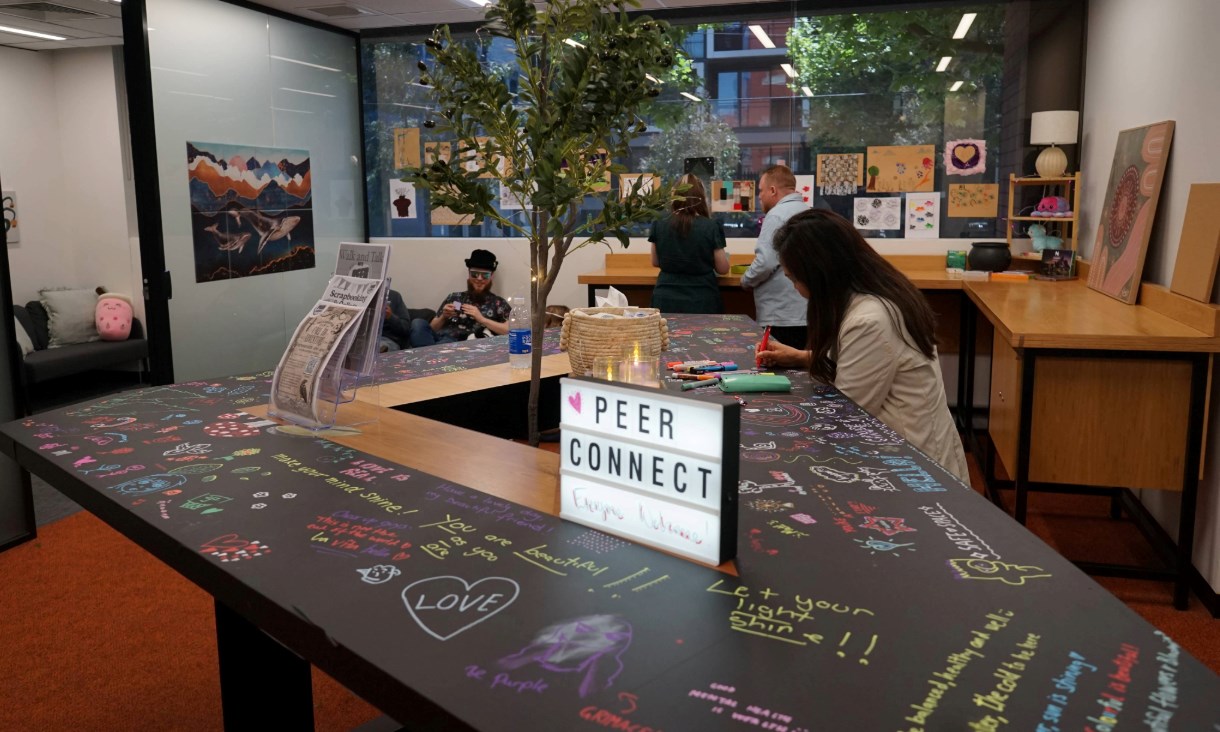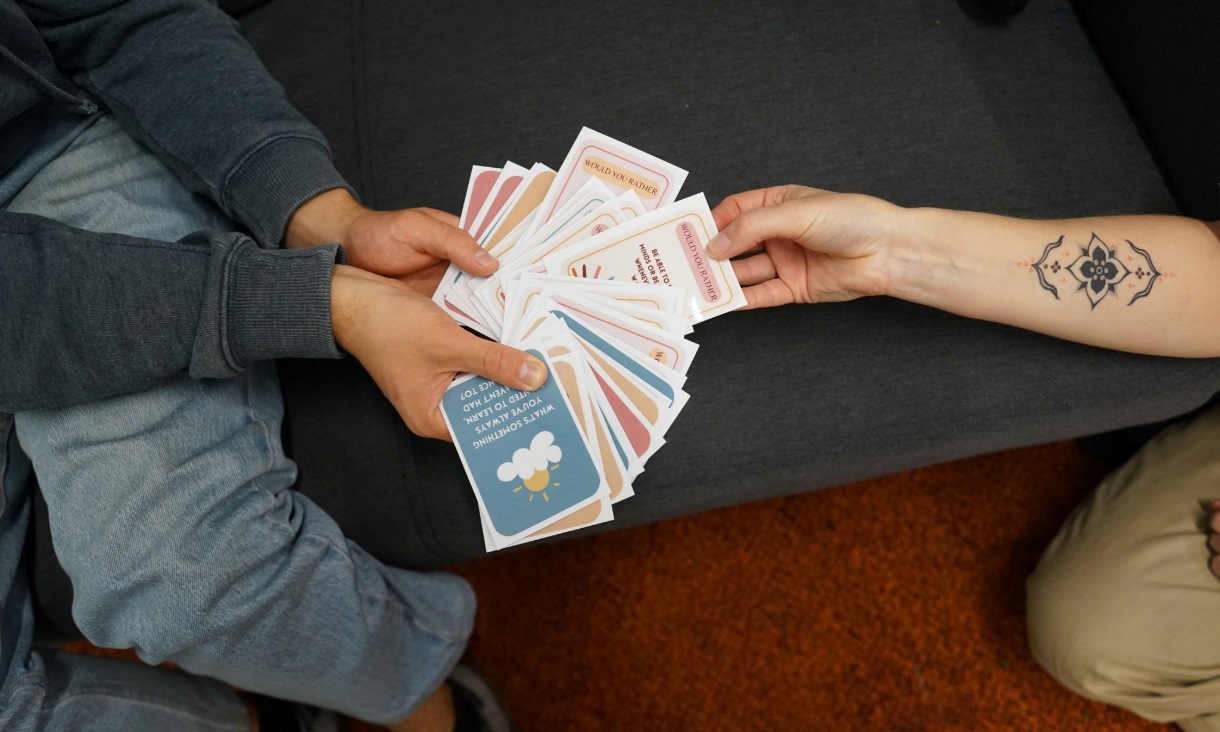RMIT strengthens relations in ASEAN region with Digital Readiness Program
Last week, The College of Business and Law in collaboration with the College of Vocational Education, welcomed recipients of the Australia Awards Improving Digital Readiness and Resilience of the Technical and Vocational Education Training (TVET) short course program.
Translation and Interpreting education turns 50
2025 is the 50th anniversary of translation and interpretation education in Australia, a milestone that marks a period of significant change within the country and its culture.
What is RMIT’s new ‘Earn and Learn’ model?
RMIT has begun delivering a unique 'Earn and Learn’ model, where students gain their qualification while working full-time with an industry partner.
RMIT University brings together industry and government to address Australia’s skills crisis
This week, RMIT hosted an industry forum 'Addressing the Skills Crisis with Innovative Education Models', bringing together industry, government and civil society to discuss how the tertiary education sector can help meet Australia’s workforce challenges now and into the future.









